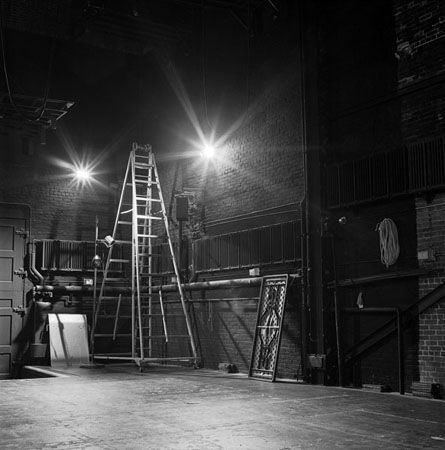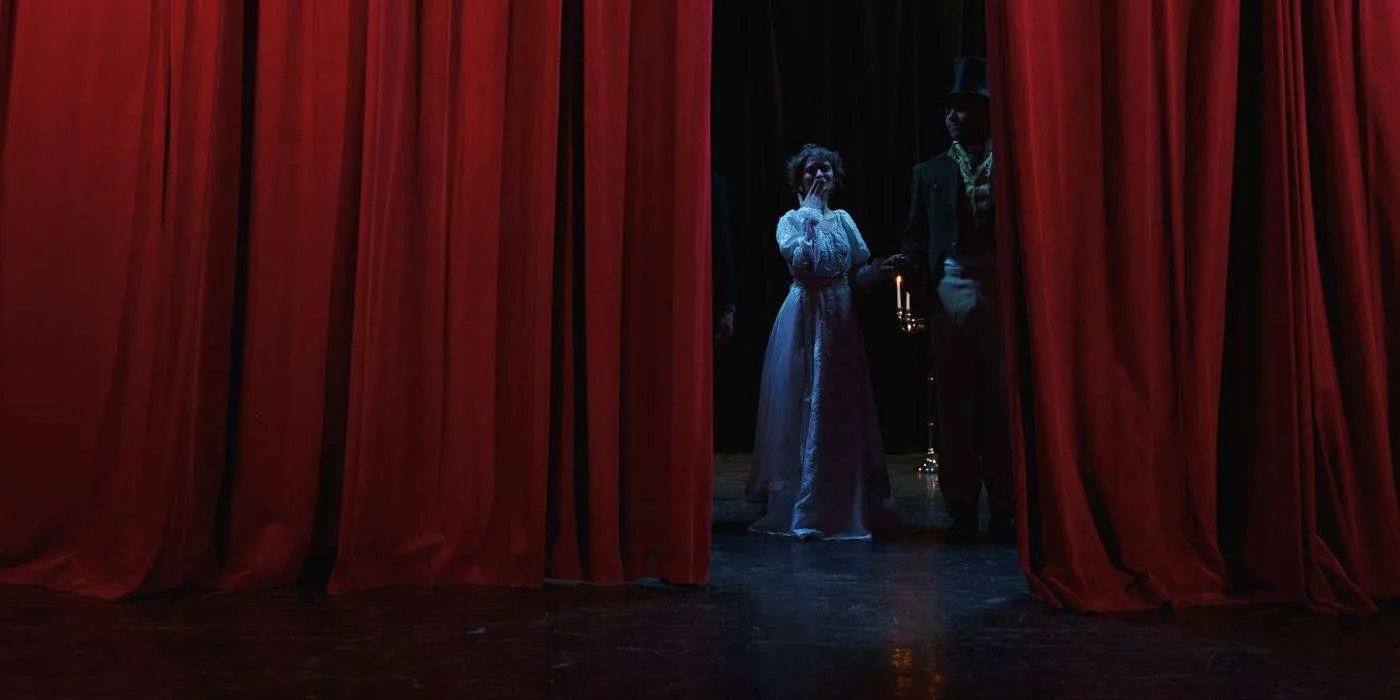In an era where we can stream movies with a click, attend virtual concerts from our couches, and scroll through endless content on our phones, some might wonder: does theatre still matter? The short answer is yes—and more than ever.
Theatre isn’t just a relic of the past. It’s a living, breathing art form that continues to evolve, connect people, and reflect the world around us. While technology has transformed the way we consume media, theatre remains a powerful space for storytelling, empathy, and human connection. This article explores why theatre is still vital today, especially in our screen-saturated world.
🎭 What Is Theatre Today?
Theatre, at its core, is live performance—a gathering of people in one space, watching a story unfold in real-time through actors, dialogue, movement, and design. While historically rooted in ritual and drama, modern theatre encompasses a broad spectrum of genres: musicals, plays, experimental performance, immersive experiences, and more.
Unlike pre-recorded media, theatre happens once, and then it’s gone. Each performance is unique, shaped by the energy of the audience and the performers. This impermanence is what gives theatre its magic—and its importance.
📱 The Rise of the Digital Age
Before exploring why theatre matters, it’s important to understand the cultural shift we’re living through.
Characteristics of the Digital Age:
- Constant connectivity
- On-demand entertainment (Netflix, YouTube, TikTok)
- Shortened attention spans
- Remote social interaction (Zoom, social media)
- Algorithm-driven content consumption
These changes have created a world of convenience—but also disconnection. The irony is that while we’re more “connected” digitally, we often feel more isolated in reality.
That’s where theatre steps in.
💡 Why Theatre Still Matters (and Always Will)
1. Theatre Provides Real Human Connection
In a world dominated by screens and filters, theatre offers something rare: presence. Sitting in a theatre, you’re sharing physical space, breathing the same air, and reacting alongside strangers. That shared emotional experience can’t be replicated by a screen.
Live performance fosters empathy. Studies have shown that watching live theatre can increase emotional intelligence and social awareness. You witness real people, with real stakes, in real time—and that’s powerful.
“Theatre is the art form of human connection. It reminds us that we’re not alone.” — Anonymous
2. Theatre Encourages Deep Attention
Theatre demands and rewards attention. There’s no pause button, no rewind, and no skipping ahead. In an age of distraction, theatre teaches us to be present and to listen deeply.
This “slow art” experience can be refreshing. For many, attending theatre becomes a form of mindfulness—a moment of stillness and reflection in a noisy world.
3. Theatre is a Catalyst for Social Change
From ancient Greek tragedies to modern protest plays, theatre has always reflected and challenged society. Today’s theatre continues this tradition by tackling contemporary issues such as racism, climate change, gender identity, and political unrest.
Unlike passive media, theatre invites dialogue. Post-show discussions, community outreach, and activism often emerge from powerful performances.
Example: Lin-Manuel Miranda’s Hamilton redefined how we see American history through race and storytelling—and sparked a national conversation.
4. Theatre Builds Community
Theatre is inherently local. While films and TV shows are often global in scope, theatre thrives in neighborhoods, schools, and cities. It brings people together—actors, directors, designers, stagehands, and audiences—to collaborate in creating something meaningful.
Community theatres, student productions, and fringe festivals offer a platform for expression and access. Many people find a sense of belonging in theatre that they don’t find elsewhere.
5. Theatre is Adaptable—and It’s Evolving
Some people assume theatre is stuck in the past, but that couldn’t be further from the truth.
Modern theatre is:
- Experimental: Blending dance, tech, and spoken word
- Immersive: Inviting audiences to move through space and narrative
- Digital-Enhanced: Integrating AR, projection, and live streaming
Even during the COVID-19 pandemic, theatre found ways to survive—through Zoom plays, drive-in performances, and outdoor productions. This resilience shows that theatre adapts to technology rather than being replaced by it.

🧠 The Science of Theatre: It’s Good for Your Brain
Did you know that attending live theatre has cognitive benefits?
A study by the University of Arkansas found that students who attended live theatre:
- Retained more information about the play
- Had increased empathy scores
- Improved critical thinking skills
Unlike watching a screen, theatre activates different areas of the brain—engaging both emotion and reasoning. It’s an intellectually rich experience that fosters creativity and empathy simultaneously.
🎓 Theatre in Education: Learning Beyond the Classroom
Theatre education isn’t just for aspiring actors. It helps young people:
- Build confidence and communication skills
- Collaborate and solve problems
- Develop emotional intelligence
- Learn about culture, history, and humanity
Programs like Shakespeare in Schools or school musicals can change lives, offering students a space to find their voice.
“Theatre taught me how to be myself—and how to stand up for others.” — High school student, NYC
🧑🎤 Theatre in the Age of AI and Virtual Reality
As technology continues to evolve—with AI-generated content and immersive virtual worlds—some might question whether theatre can keep up.
The answer? It already is.
- VR theatre companies are creating interactive plays you can walk through.
- Playwrights are using AI tools to co-write scripts or generate stage projections.
- Augmented reality is adding layers of narrative to live performances.
Rather than resisting change, theatre is exploring how to coexist with new mediums—while keeping the human at the center.
🌍 Global Theatre: A Shared Language
Theatre transcends borders. Every culture has its own performance traditions—Kabuki in Japan, Kathakali in India, puppetry in Africa, street theatre in Latin America. Despite language barriers, theatre uses gesture, music, and storytelling to communicate universal truths.
In a globalized but divided world, theatre reminds us of our shared humanity.
📢 Final Thoughts: Why You Should Go See a Play
Theatre is not dead—and it’s not going anywhere. It matters because:
- It makes us feel.
- It makes us think.
- It makes us come together.
So the next time you scroll past your local theatre’s event calendar, pause. Buy a ticket. Sit in the dark. Watch the magic unfold. You might laugh. You might cry. You might leave changed.
In the digital age, the live presence of another human telling a story onstage is revolutionary.
🎟️ How to Support Theatre in the Digital Age
Want to keep theatre alive and thriving? Here’s how you can help:
- Attend live performances (big or small)
- Support your local theatre companies
- Donate to theatre education programs
- Share theatre events on social media
- Introduce a friend or young person to the stage
Theatre is more than entertainment—it’s a cultural lifeline. And like any art form, it needs audiences to survive.








